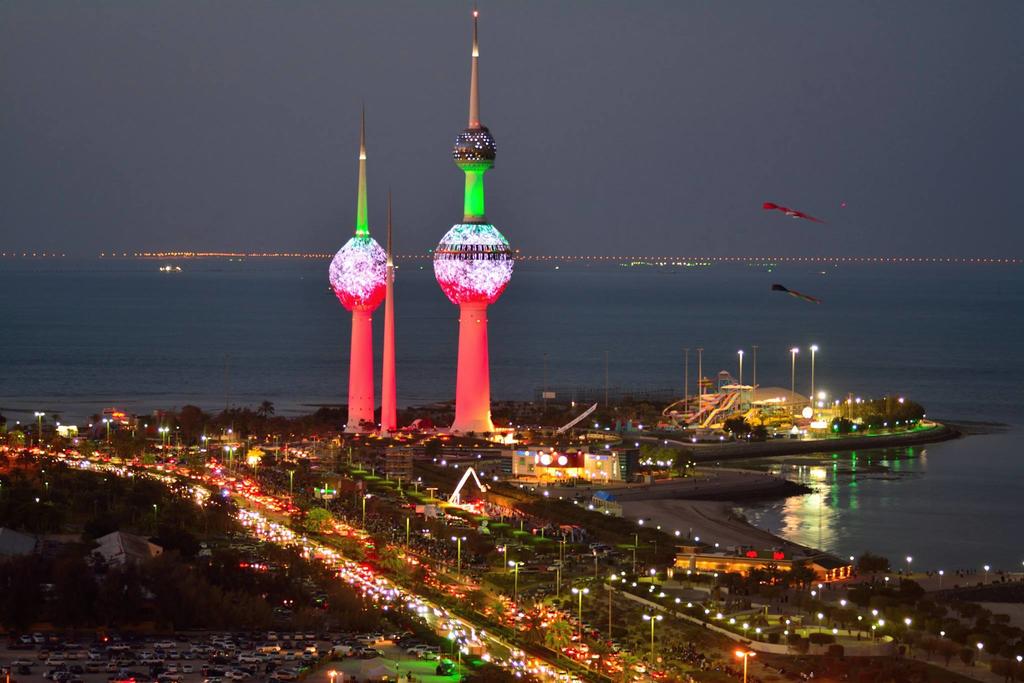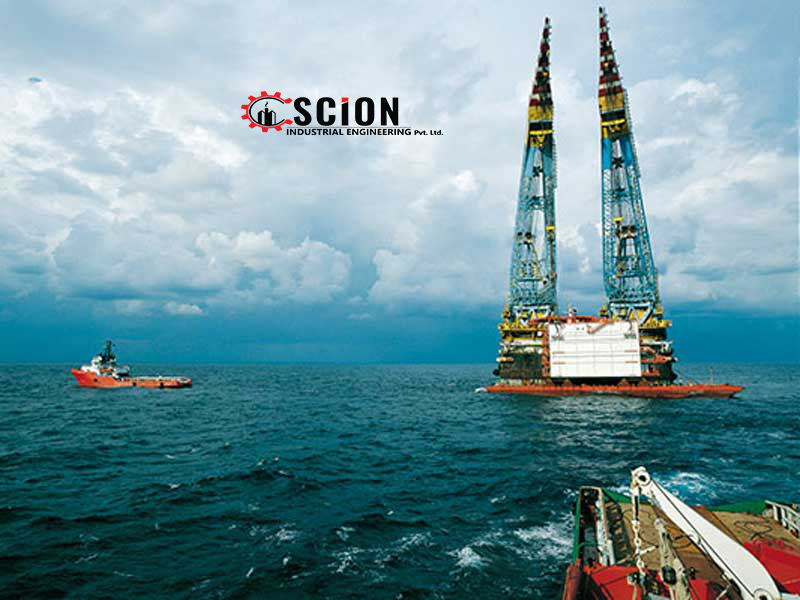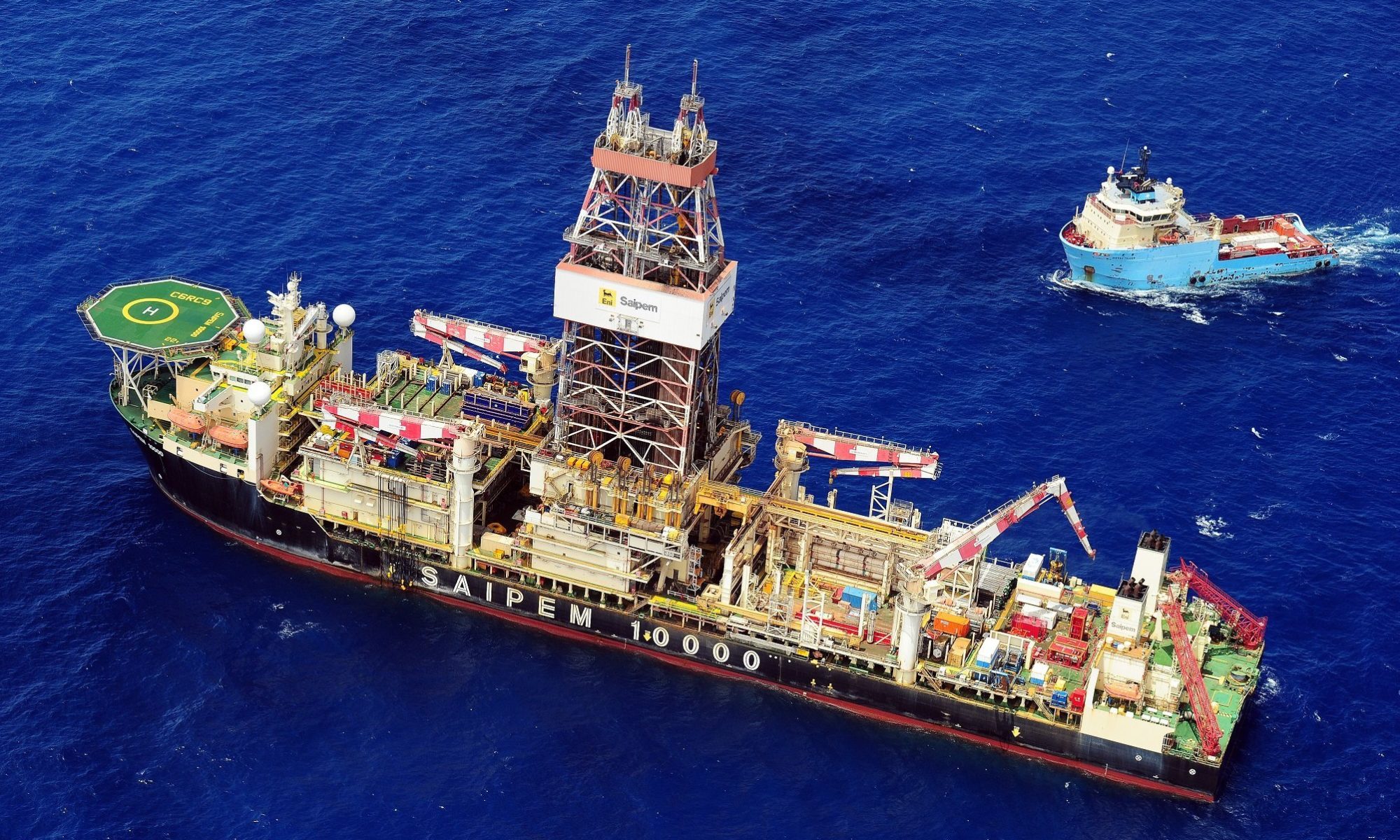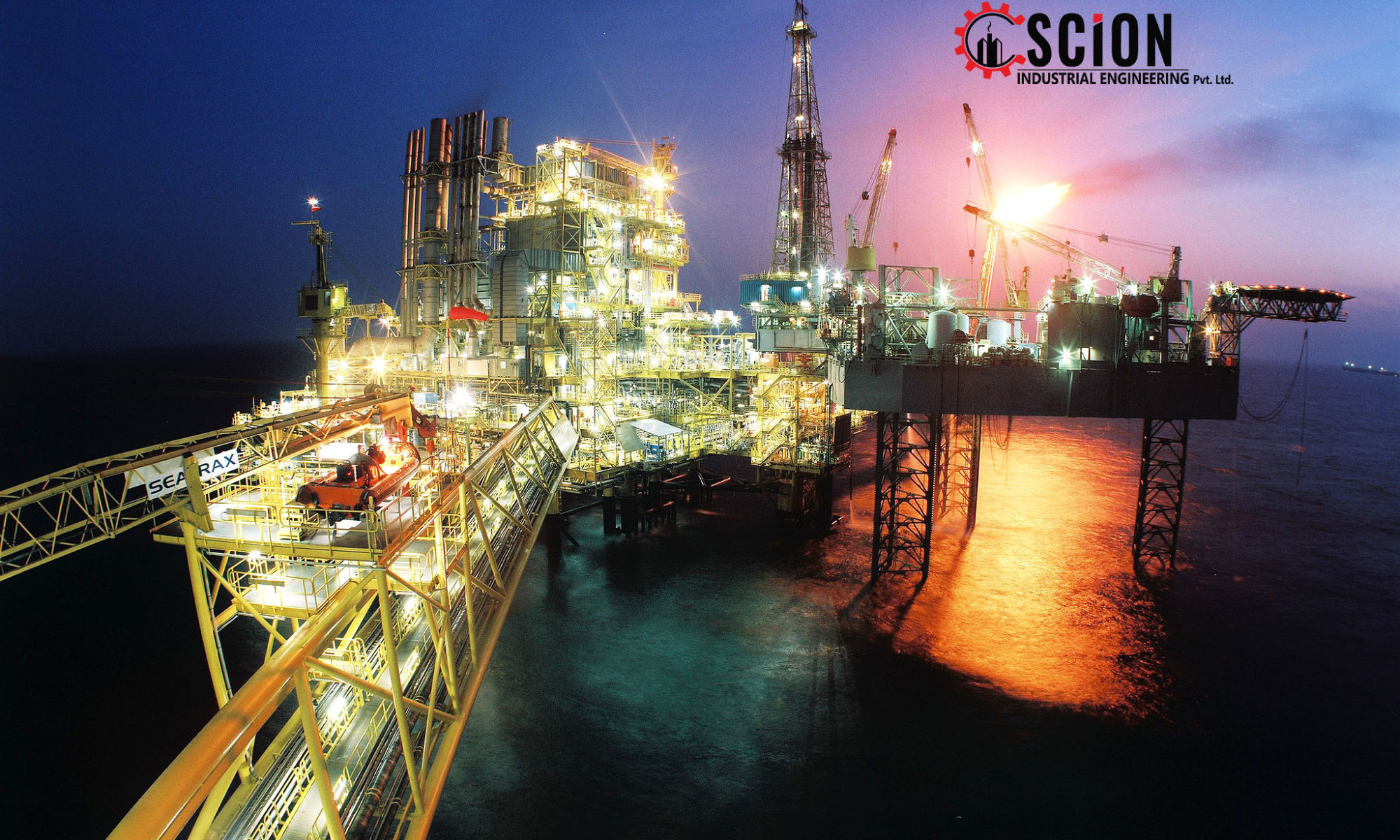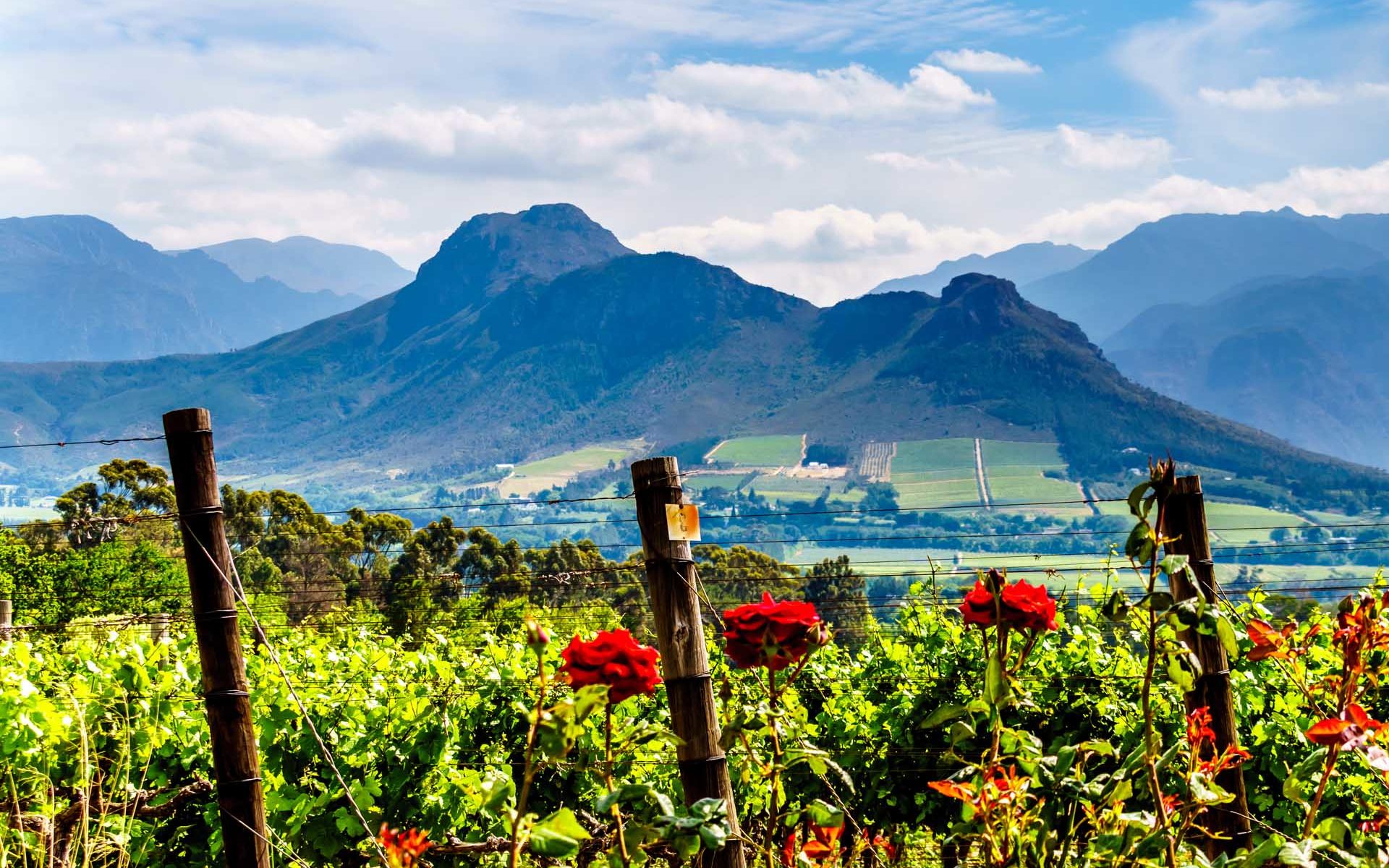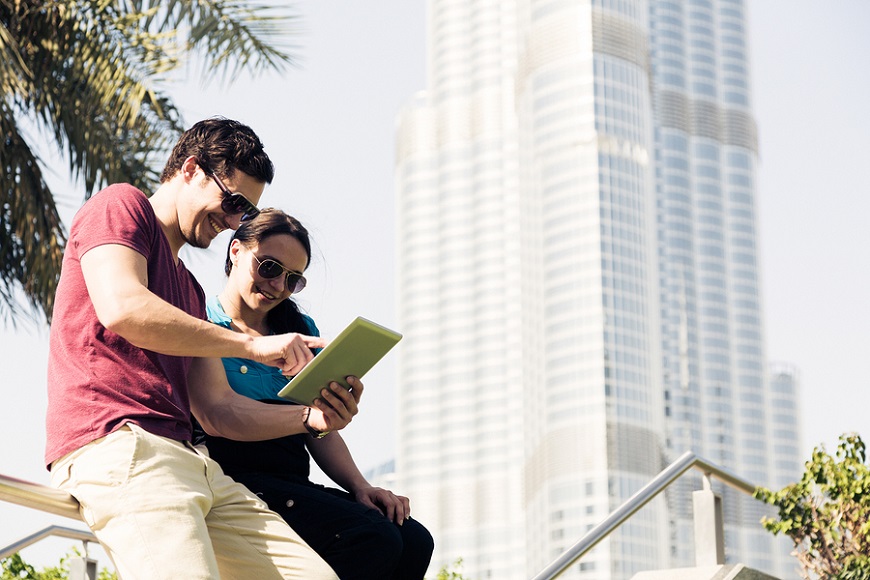The world economy is expected to grow by 2.6 per cent this year, and the expansion rate is expected to remain consistent throughout the year, without significant fluctuations, according to a report by the World Bank.
It will be the first time in three years that the global growth rate will stay steady despite escalating geopolitical tensions and high interest rates. Following this, growth is anticipated to rise slightly to 2.7 per cent in 2025-2026, driven by moderate increases in trade and investment, the report said.
The World Bank’s latest growth outlook is a slight upgrade from its January projections of 2.4 per cent. However, this growth rate is still below the 3.1 per cent average in the decade before the coronavirus pandemic.
The latest forecast implies that over the course of 2024-2026 countries that collectively account for more than 80 per cent of the world’s population and global economy would still be growing more slowly than they did in the decade before the pandemic.
“Four years after the upheavals caused by the pandemic, conflicts, inflation, and monetary tightening, it appears that global economic growth is steadying. However, growth is at lower levels than before 2020,” said Indermit Gill, World Bank’s chief economist and senior vice president.
Overall, developing economies are projected to grow 4 per cent on average over 2024-2025, slightly slower than in 2023. Growth in low-income economies is expected to increase to 5 per cent this year from 3.8 per cent in 2023.
Developing economies still lag behind
In 2024, one in four developing economies is expected to remain poorer than it was before the pandemic began in 2019. This proportion is twice as high for countries in fragile and conflict affected situations.
Prospects for the world’s poorest economies are even “more worrisome” as they face higher levels of debt service, constricting trade possibilities and costly climate events, said Mr Gill.
“Developing economies will have to find ways to encourage private investment, reduce public debt, and improve education, health, and basic infrastructure.”
The poorest among them, particularly the 75 countries that qualify for concessional aid from the International Development Association, will be unable to achieve this without international assistance, Mr Gill said.
Middle East and GCC bound to grow in 2024
After slowing to 1.5 per cent last year, growth in the Middle East and North Africa region is expected to jump to 2.8 per cent in 2024 and 4.2 per cent in 2025, mainly because of a gradual resumption of oil production.
This month, Opec+ bloc, responsible for supplying about 40 per cent of the world’s crude oil, agreed to extend its output cuts of 3.66 million barrels per day, originally set to conclude this year, until the end of 2025.
Meanwhile, the additional 2.2 million bpd voluntary production cuts of eight Opec+ member states were extended by three months until the end of September. The group also released a plan for gradually unwinding the voluntary curbs on a monthly basis from October 2024 until September 2025.
Mena’s 2024 growth outlook has weakened since January, “partly reflecting extensions of additional voluntary oil production cuts and the continuing conflict in the Middle East centred in Gaza”, the report said.
Some of the key downside risks in the region include an escalation of “armed conflicts, heightened local violence and social tensions, a sudden tightening in global financial conditions, more frequent or severe natural disasters, and weaker-than-projected growth in China”.
Meanwhile, growth in GCC countries is forecast to strengthen to 2.8 per cent in 2024 and 4.7 per cent in 2025.
Among oil exporters, declines in oil production have constrained oil activity across GCC countries – Bahrain, Kuwait, Oman, Qatar, Saudi Arabia, and the UAE. However, growth in non-oil activity has remained robust, driven by both private consumption and business investment, somewhat offsetting a contraction of oil activity, the report said.
Global inflation decline slower than expected
The report indicated that while global inflation is projected to decrease, the rate at which it will decrease is slower than earlier forecasts had suggested. It is expected to average 3.5 per cent this year and 2.9 per cent in 2025, but the pace of decline is slower than was projected six months ago.
“Although food and energy prices have moderated across the world, core inflation remains relatively high … and could stay that way,” said Ayhan Kose, World Bank’s deputy chief economist and director of prospects group.
“That could prompt central banks in major advanced economies to delay interest rate cuts. An environment of higher-for-longer rates would mean tighter global financial conditions and much weaker growth in developing economies.”
Global interest rates are likely to remain high by the standards of recent decades – averaging about 4 per cent over 2025-2026, roughly double the 2000-2019 average, the report said.
Source:https://www.thenationalnews.com/business/economy/2024/06/11/global-growth-to-stay-steady-at-26-in-2024-for-the-first-time-in-three-years/
—————————
Abu Dhabi offers fine waiver for business licences not renewed before Covid
Abu Dhabi is waiving fines for businesses that failed to renew their commercial licences before the onset of the coronavirus pandemic, as it seeks to support businesses and attract more investments into the emirate.
The Abu Dhabi Department of Economic Development is cancelling fines, which begin at Dh200 per month and are capped at Dh4,000, for the non-renewal of licences, its undersecretary told The National on Tuesday.
The decision was taken after getting feedback from business owners in Abu Dhabi who requested to waive the fines, Rashed Al Blooshi said.
“The reasons why those owners could not renew is due to partnerships. Most of those licences are partnerships between two people, the counterpart or the partner could be out of the country for one reason or another and could not update the database. So we have left one partner who could not deal with the situation of renewing the licence,” he said.
“We have consulted the stakeholders and we have looked at the situation from the financial point of view, from the legal point of view, from the fairness point of view and as a result we came up with an initiative, which is waiving the Dh4,000 fine and resetting those licences.”
Licences can only be cancelled if requested by the company owners.
The measure will help companies “who were stuck with the old licence to activate and renew it, and this would help to make the environment for attracting the investments here in Abu Dhabi healthier”, Mr Al Blooshi said.
The move will encourage small and medium enterprises to expand and play a stronger role in Abu Dhabi’s gross domestic product growth, he said.
Unified economic licence
Last week, Abu Dhabi also launched a system to unify procedures for registering economic licences across the emirate and its free zones to improve the ease of doing business.
Added joined with the Abu Dhabi Free Zones Council, which includes Khalifa Economic Zones Abu Dhabi, Abu Dhabi Airports Free Zone, Masdar City Free Zone and Creative Media Authority, to roll out the initiative.
The new initiatives come as Abu Dhabi’s economy continues to grow amid its economic diversification plans.
Abu Dhabi’s economy grew 3.1 per cent annually last year, hitting its highest level in a decade, as a sharp expansion of the non-oil sector drove momentum.
The emirate’s gross national product for the 12 months to the end of December reached Dh1.14 trillion, its best performance in terms of value in 10 years, while its non-oil economy expanded 9.1 per cent, driven by growth in construction, finance and insurance and transportation activities.
Mr Al Blooshi expects Abu Dhabi’s economy to continue the economic momentum this year amid new government initiatives and measures to attract new investment.
“If you look at the situation around us, if you look at the agreements that we are continually signing up, if you look Cepas [Comprehensive economic partnership agreements] for example, and if you look at the industrial sector, that we want to double the size of the industrial sector by 2031, that would definitely encourage the growth of the GDP,” Mr Al Blooshi, said.
In 2022, the emirate launched an industrial strategy to grow the contribution of the sector to the economy by investing Dh10 billion across six programmes to more than double the emirate’s manufacturing to Dh172 billion by 2031.
Industrial sector growth is “strong” in Abu Dhabi and its contribution to the emirate’s GDP reached Dh101 billion last year, he added.
“A lot of actions are taking place” around the development of the sector, Mr Al Blooshi said.
That includes a land incentive programme for manufacturers, where rents could be offered for as low as Dh5 per square metre for priority sectors including logistics, food, energy, heavy industry, health care, bio-pharmaceuticals and others.
Tech push
Mr Al Blooshi expects more investments in artificial intelligence amid initiatives to support the sector, Mr Al Blooshi said.
“AI requires strong communication, cloud and collection of the data and strong machines. If you look at those three elements, you’ll see clearly that when it comes to the infrastructure of Abu Dhabi today, it is number one in terms of linking the fiber optic, which makes communication extremely efficient and fast,” he said.
Microsoft invested $1.5 billion in Abu Dhabi-based artificial intelligence and cloud company G42.
Companies are investing in Abu Dhabi because of the offerings and technology ecosystem including the presence of Hub71, clean energy company Masdar and Abu Dhabi Global Market, among others, he said.
Souce:https://www.thenationalnews.com/business/economy/2024/06/11/abu-dhabi-offers-fine-waiver-for-business-licences-not-renewed-before-covid/



